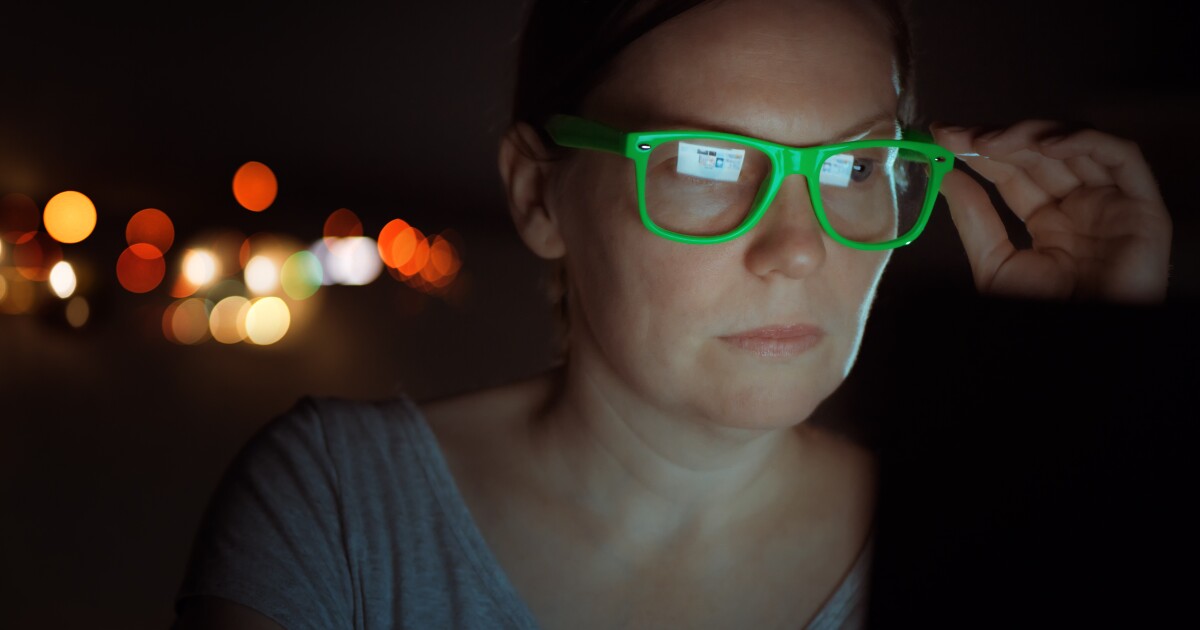In a study of studies, researchers concluded that eyeglasses that block blue light might not deliver on claims made by advertisers or optometrist offices. They caution consumers to think twice about shelling out the extra cash for the specs.
“The amount of blue light our eyes receive from artificial sources, such as computer screens, is about a thousandth of what we get from natural daylight," he said. "It’s also worth bearing in mind that blue-light filtering lenses typically filter out about 10-25% of blue light, depending on the specific product. Filtering out higher levels of blue light would require the lenses to have an obvious amber tint, which would have a substantial effect on color perception.”



This has been discussed at length for years, this is a “review”, which means they just looked at older studies and compiled the information together. But each of those older studies had conclusions of their own.
If you ever question stuff like this, go check out google scholar and read some abstracts and conclusions, hell some papers even have a really solid background section that can fill an average Joe in enough to decently understand the whole paper.
Thanks, Google scholar is a good idea. My issue was I didn’t know about the discussion yet, I just trusted the guy seeking the glasses. Oh well, next time I’ll be slightly smarter.